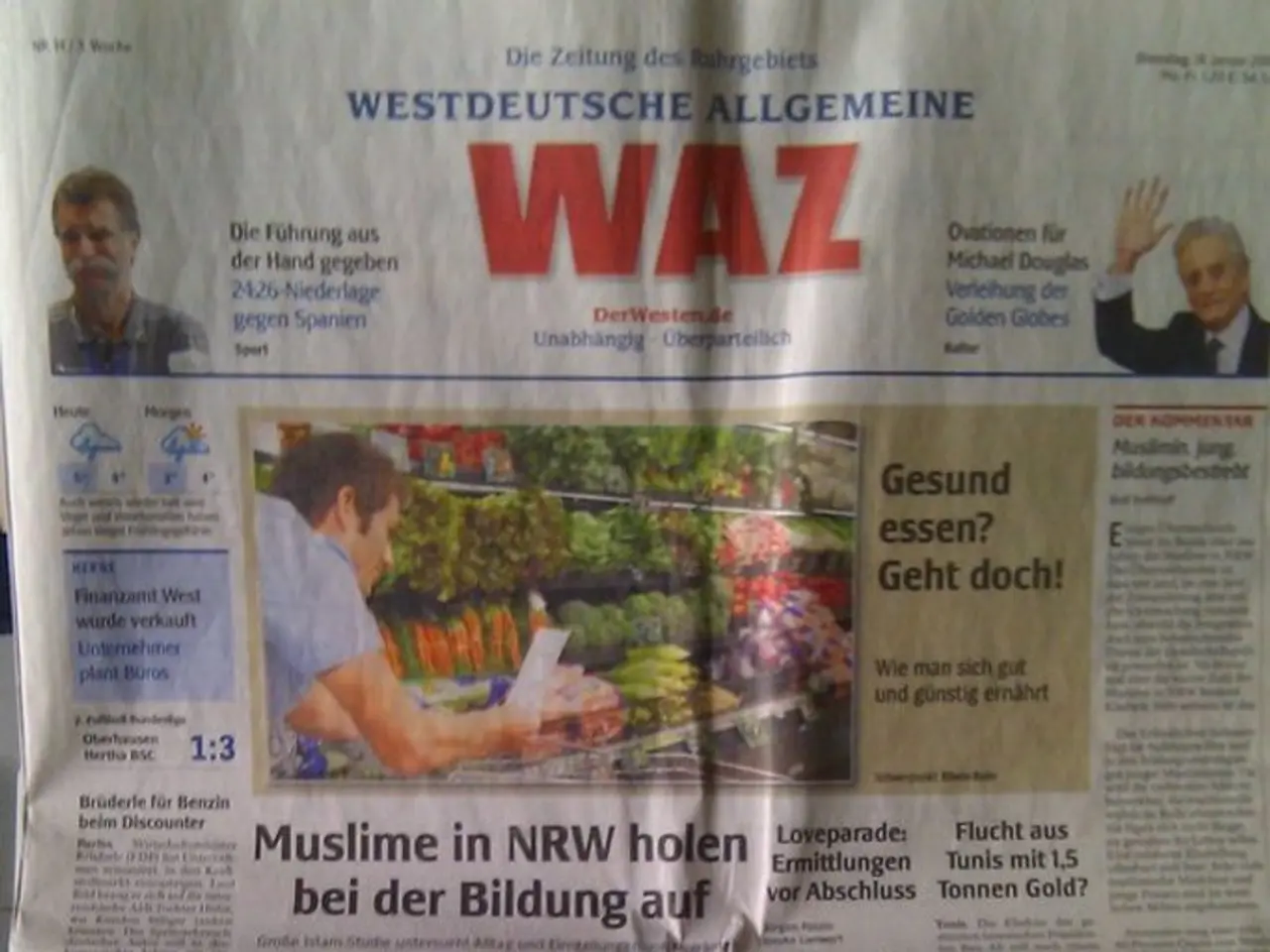Hotel closures feared due to restrictions on lodging services
Ready to roll? Here's the lowdown on Eric Schweitzer's warnings about economic consequences of accommodation bans
Get this, folks: Eric Schweitzer, the big cheese at the Association of German Chambers of Industry and Commerce (DIHK), is sounding the alarm about the economic implications of more accommodation bans. He spilled the beans to Bild’s weekend edition, stating that many businesses have already taken a hit this year and are running on fumes. In the hospitality biz, additional closures could spell disaster for companies barely hanging on.
Now, businesses are pinning their hopes on COVID-19 restrictions heeding the economic consequences. Hotels and pensions need crystal-clear rules about which guests from which regions they're cool with accommodating. Here's the thing: They need regulations that make sense, not headaches.
Hotel and pension owners are rolling the dice with the current COVID-19 accommodation rules in Germany, particularly when it comes to the hospitality industry and the economic ripples. Here's the lowdown:
- Since November 2021, the hospitalization incidence—the number of COVID-19 hospitalizations in the past seven days per 100,000 residents—has been the key metric for triggering COVID-19 measures, guiding the level of restrictions or measures implemented, including those affecting hospitality accommodations.
- If the hospitalization incidence surpasses 3 per 100,000, public leisure facilities, including hotels and other hospitality venues, must operate under the "2G" rule, wherein access is limited to vaccinated (geimpft) or recovered (genesen) individuals.
- If the incidence tops 6 per 100,000, the "2G+" rule kicks in, generally requiring vaccinated or recovered persons to also present a negative test.
- If the incidence climbing above 9 per 100,000, stricter measures such as contact restrictions may be introduced.
These rules are aimed at controlling the spread while finding the right balance for the reopening and operation of the hospitality sector. However, it's important to remember that the hospitality sector has been put under the pump by these accommodation rules, with access restrictions reducing customer numbers and complicating business operations.
The "2G" and "2G+" rules limit the potential customer base, excluding unvaccinated travelers or guests who might otherwise frequent hotels and leisure facilities. In addition, complying with testing and verification protocols imposes extra costs and logistical challenges on businesses in this sector.
At the end of the day, the government has attempted to strike a balance between public health and economic impact by setting clear incidence thresholds to prevent unnecessary lockdowns or closures. However, sectors like accommodation are still feeling the pinch due to fluctuating regulations tied to pandemic trends and hospitalization rates.
So, there you have it. The hospitality sector is walking a tightrope with the current COVID-19 accommodation rules in Germany—and it's a delicate balancing act between public health and economic survival. Let's keep an eye on this developing situation and hope for the best for our struggling businesses in the hospitality industry.
- share
- share
- share
In the light of Eric Schweitzer's warnings, the hospitality industry is anxiously awaiting regulations that won't complicate their operations any further, as they're already battling economic difficulties. The "2G" and "2G+" rules have limited their clientele and imposed additional costs, making it challenging to sustain business.




